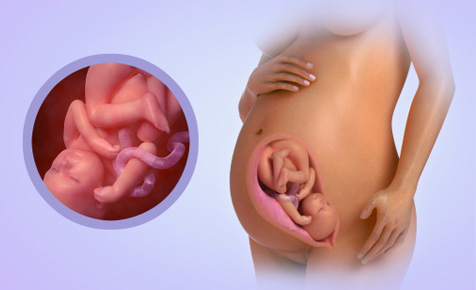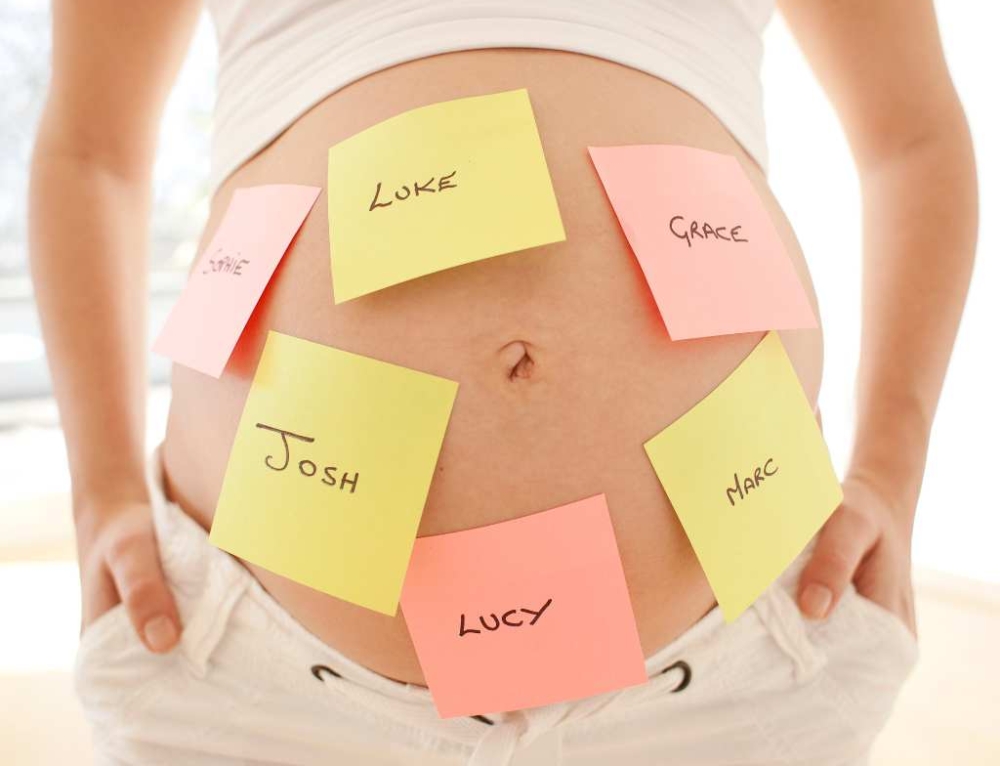Welcome to your week 36 pregnancy update where we outline the changes you and your baby are experiencing.
Your Baby
By week 36 your baby could weigh around 2.6kg and measure about 47 cm from head to toe. She won’t grow as much in length now but will put on approximately 230 grams per week until she’s born. Her muscle tone is improving, and you’ll be impressed by her steel-like Ulnar grasp once she’s born in a few weeks. (The Ulnar grip is the newborn reflex you will see when you lie your finger in baby’s palm).
The most important thing your baby is developing right now is the final touches to the lungs and respiratory system, which allow baby to take her first breaths outside the watery world of your womb. Your baby’s ‘breathing and eating exercises’ – which occur as she breathes in the amniotic fluid and tastes the various flavours – will naturally stop about 24 to 48 hours before labour commences in a few weeks’ time. During labour in a few weeks’ time, hormones will be released by you to encourage baby to reabsorb fluid from her lungs back into her blood stream before birth. A small amount of fluid remains in baby’s lungs after birth but is usually fully absorbed within 24 hours. Babies born by caesarean section may have ‘rattly lungs’ as they haven’t fully expelled all the amniotic fluid during the birthing process
Just like adults, all babies are different and develop at varying rates in the womb. This information gives a general idea of your baby’s development and progress.
The Mum Update
Hopefully you are not feeling to uncomfortable and are finding time to put your feet up during the day.
Around this time some LMC’s may recommend vaginal Group B Streptococcus test. Group B Strep (GBS) is a common bacteria found in the lower intestine and the genitourinary tract. It is not uncommon and it is almost always harmless in adults. The reason for screening is that a baby can acquire it during childbirth and it can cause serious infections. Most babies born to mothers with GBS will not develop an infection.
Testing for GBS is not recommended for all pregnant women however if you have risk factors for the baby developing a GBS infection your LMC may advise it. Risk factors include:
- a urine infection with GBS during the pregnancy
- a previous baby who had a GBS infection
- your waters have broken more than 18 hours before the baby is born
- labour starts or waters break before 37 weeks
- a fever during labour
gestational diabetes







Leave A Comment
You must be logged in to post a comment.